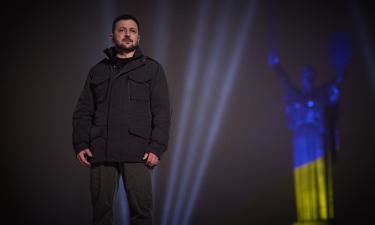Japan: newly appointed justice minister refuses to sign execution orders
Seiken Sugiura was named to the post just hours earlier in a Cabinet shuffle by Prime Minister Junichiro Koizumi. His comments reopen debate about the death penalty in Japan. Sugiura told reporters after the new Cabinet's first meeting he would not sign death penalty orders because of his personal philosophy, Kyodo News agency reported. Justice Ministry officials were unavailable for comment late Monday night.
The government lifted a four-year moratorium on capital punishment in 1993. But until 1998, it refused to publicly acknowledge executions, which are done by hanging. Since 1993, all justice ministers, except one, have signed executions orders, Kyodo said.
Executions are rare in Japan. A former policeman convicted of raping, killing and robbing two women in the 1980s was executed last month in Japan's first hanging of the year, and only two inmates were executed in 2004, the AP reports.
The government is extremely secretive about its death penalty and tends to carry out hangings when parliament is not in session. Amnesty International Japan routinely protests Japanese hangings. The human rights group maintains that the executions are conducted abruptly, with no prior notice to the inmate or families, and with little public transparency. A.M.
Subscribe to Pravda.Ru Telegram channel, Facebook, RSS!





